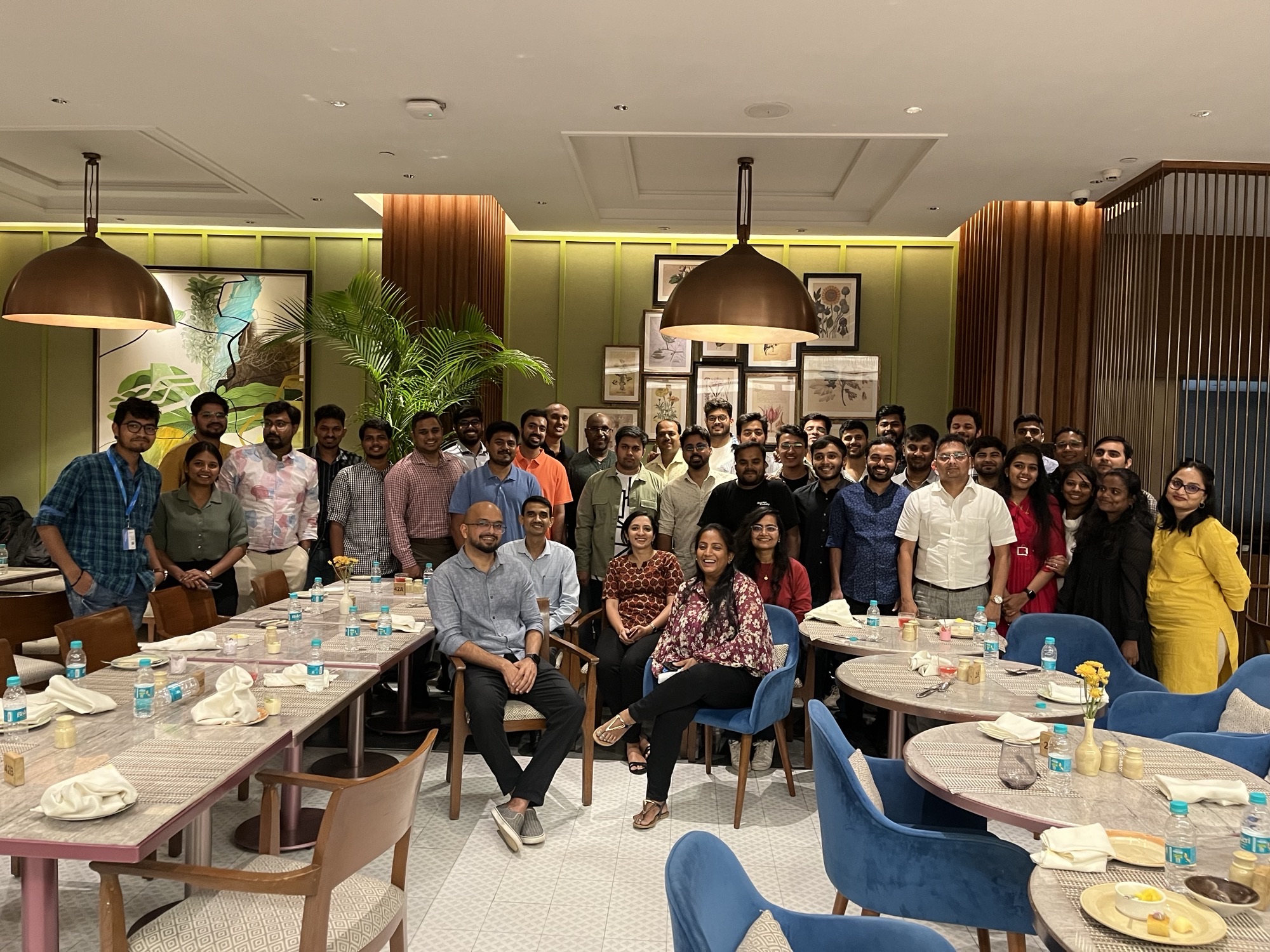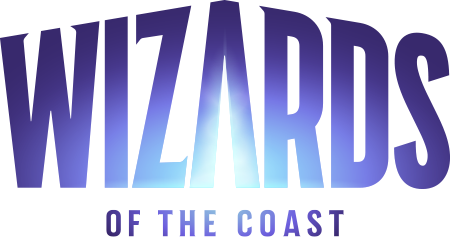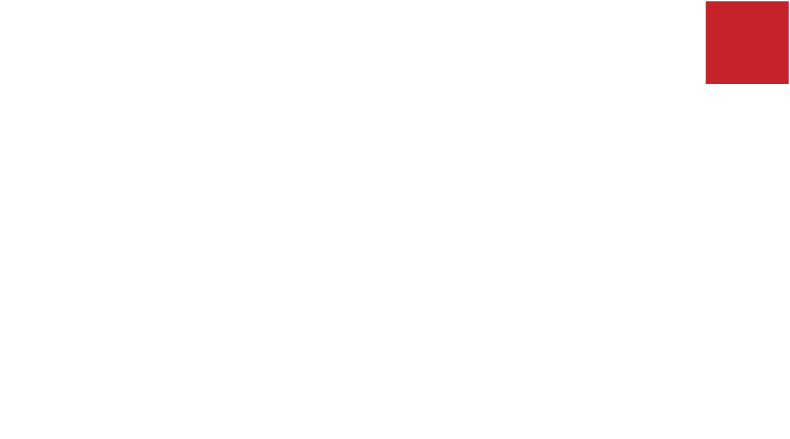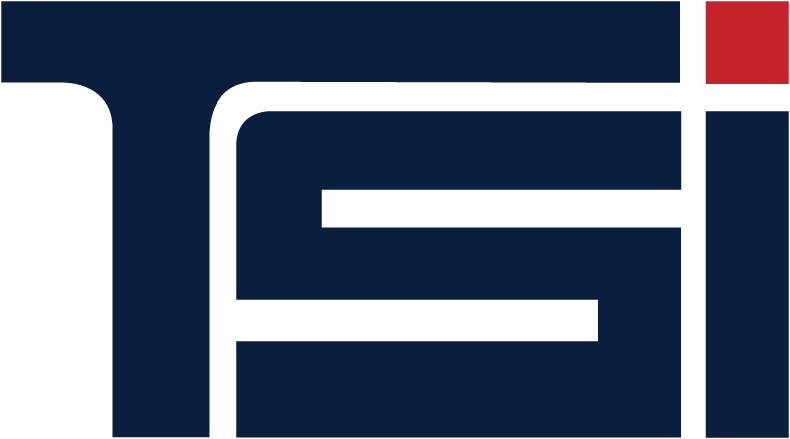
Decision Foundry uses Smartsheet to automate project tracking and client communication and drive business growth
Decision Foundry uses Smartsheet to track implementation and integration projects from start to finish, automating communication internally and with clients, increasing accountability, and saving multiple hours per week in meeting preparation.
tracked monthly with Smartsheet

“Through automated communication in Smartsheet, we are making sure to let our project managers and our clients know where a project stands at all times. As a result, we are improving customer satisfaction while also increasing revenue opportunities.”
Chief Executive Officer, Decision Foundry
As a global integrator of the popular Salesforce customer relationship management (CRM) platform, Decision Foundry specializes in connecting disparate data points to help companies get more out of their data. The New York-based technology company focuses on supporting Salesforce Marketing Cloud, a provider of digital marketing automation and analytics software and services. “We integrate multiple data sources into applications we build on top of Salesforce for automotive, media, publishing, and health and life sciences companies,” says Ross Jenkins, chief executive officer for Decision Foundry.
Every day, Decision Foundry uses Smartsheet software to manage the flow of all implementation project data, giving real-time status information to everyone from project managers to account executives to clients. “Smartsheet helps us automate the communication process and create a high degree of transparency and accountability across some very challenging data product delivery projects,” Jenkins says. “Smartsheet keeps everyone involved to maintain a level of accountability across the board for all our stakeholders.”
Before it began using Smartsheet, Decision Foundry managed projects through various tools, including cloud-based spreadsheets, flat files, legacy spreadsheets, and presentation slides. As the company grew and implementations became more complex, however, Decision Foundry realized it needed a more streamlined approach to project management. “A lot of our Salesforce projects take a few weeks, but if we have to design custom applications for major events, that timeline can stretch to several months or longer because of all the dependencies and different tasks,” says Jenkins. “We often have 25 stakeholders managing 50-60 projects a month, and we need to clearly see what projects are in the pipeline, how quickly or slowly those projects are moving, and who’s in charge of each step in the process. We kept all that information in different platforms, and we ended up calling or emailing to update clients, which wasn’t at all efficient.”
Tracking Up to 60 Implementation Projects Monthly with Smartsheet
In late 2020, Decision Foundry began using Smartsheet to track all implementation and integration projects from start to finish. The company places project plan data and budget information from each client’s statement of work into Smartsheet templates. This information includes all project milestones and project owners.
“Now, each client meeting starts with us opening Smartsheet and walking the client through the entire implementation process,” says Jenkins. “We show them how we track each step, which gives them a lot of confidence in what we’re doing.”
Approximately 125 Decision Foundry analysts work in Smartsheet daily, monitoring the status of up to 60 projects per month. The organization uses Smartsheet dashboards to give clients visibility into each project, from onboarding to discovery to build to production. “The dashboards are updated daily and clearly show how likely we are to complete a project on time,” says Jenkins.
Decision Foundry also set up Smartsheet automated workflows that are triggered each time a project manager or analyst makes an edit or update to a project. The changes are emailed automatically to account executives for visibility. Another Smartsheet automated workflow triggers a survey that is emailed to each client as the project moves through different stages of completion. “The surveys essentially ask clients to provide feedback, so every milestone is an opportunity for us to course correct if we need to,” Jenkins says.
Additionally, Decision Foundry uses Smartsheet for marketing campaigns related to new the launch of new products and services. The company also uses Smartsheet to manage financial data such as billing rates and the transactional value is for projects.
Automated Communication and Increased Accountability
Decision Foundry is using Smartsheet to automate communication, both internally and with clients, enabling higher confidence in project delivery.
“In a world where communication is not always effective, Smartsheet has helped us become better communicators at scale,” says Jenkins. “Through automated communication, we are making sure to let our project managers and our clients know where a project stands at all times. As a result, we are improving customer satisfaction while also increasing revenue opportunities.”
By automating internal and external communication, Decision Foundry can more easily assure clients that implementation and integration projects are on time and budget. “Accountability is extremely important, whether a client has spent $100 or seven figures with us,” Jenkins says. “At any time, I can go into Smartsheet and see the history of every step of a project to date. This has helped us increase our business productivity because we have better visibility into the 60 monthly projects we’re tracking.” The company is also becoming more efficient by having access to the full history of each project. “Learning from past mistakes helps us be a more mature organization,” says Jenkins. “Mature companies don’t create the same things over and over – they take existing processes, pressure test them with clients, and get better at what they do.”
Multiple Hours Saved Weekly on Client Presentations
With the automation in Smartsheet, Decision Foundry no longer needs to spend multiple hours creating slide presentations for each client meeting.
“It would usually take at least five hours to build a slide deck to share with a client during each meeting,” Jenkins says. “On average, we meet with a client twice a week, especially in the early stages of engagement, so we’re saving multiple hours in meeting preparation for each client every week.”
Decision Foundry is currently in growth mode, and it plans to adopt additional Smartsheet features, such as Resource Management by Smartsheet, to further automate project pipeline management and drive new business growth. “We’re a small company with great ideas and talent, but we also need the right technology because we have a tight budget and our room for error is smaller,” says Jenkins. “Smartsheet has played a key role in our growth since 2020, and it will continue to be the customer engagement and automation platform for our business.”
For more information about this story, please see our case study.
